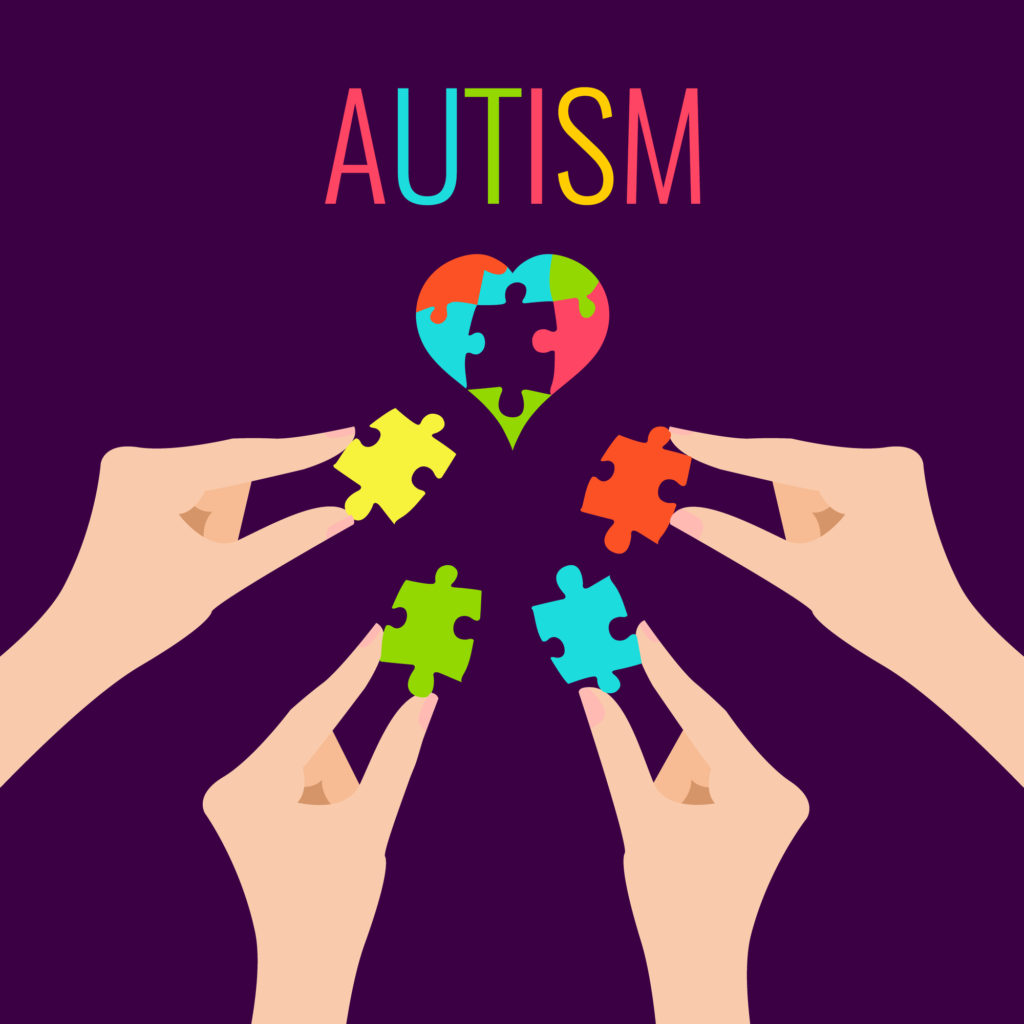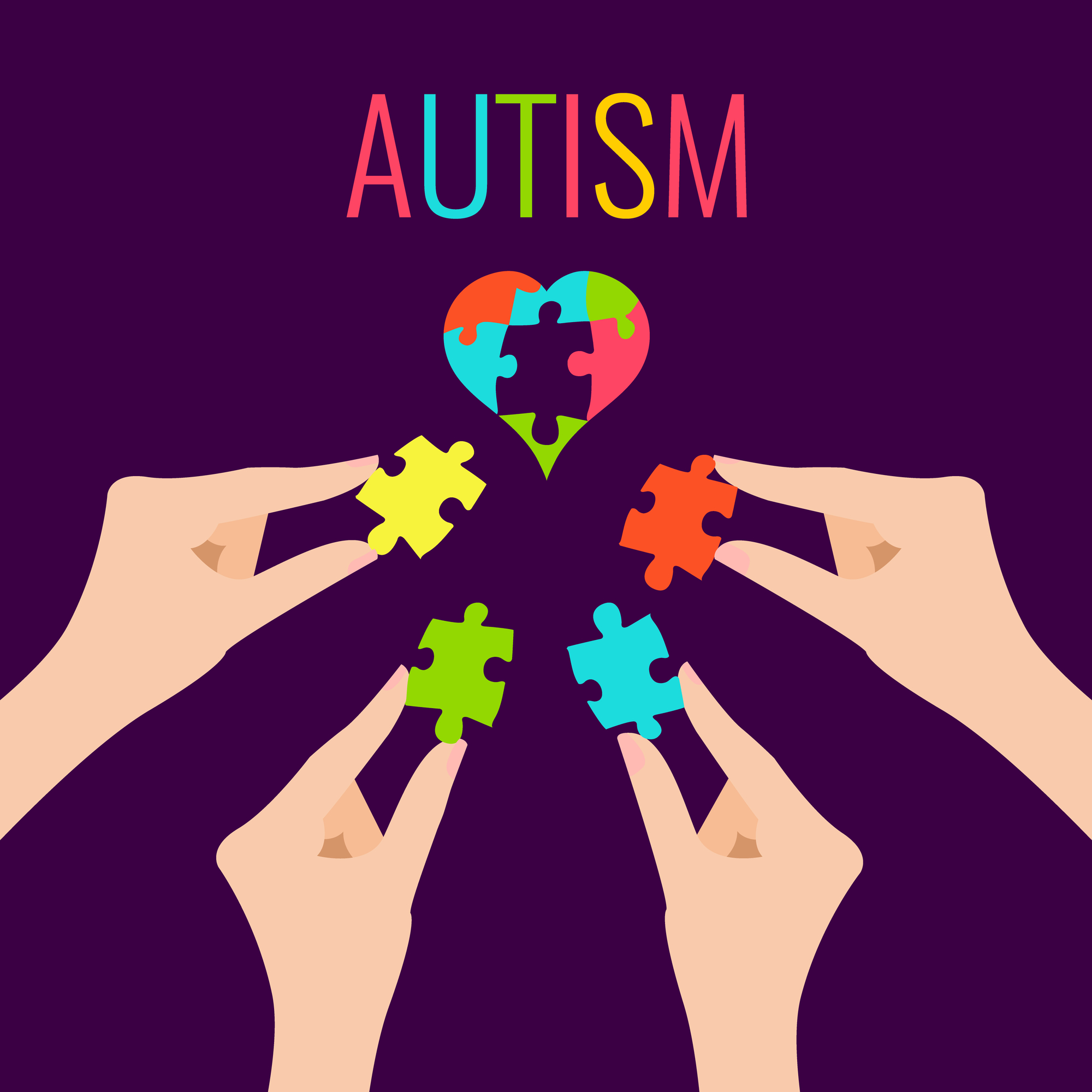Identifying and Understanding Mild Autism Symptoms
What is mild autism?
Mild autism in itself is not an official diagnosis term. There is no specific form of autism known as mild autism. In 2015 the diagnostic criteria for autism underwent a significant change with the publication of the DSM-5. These criteria created one universal diagnosis – autism spectrum disorder – and included within that diagnosis a level of support for each individual found to be on the spectrum. These criteria replaced the labels of Asperger’s, mild autism, and high functioning autism that had come to characterize the different ways in which autism presents in other individuals.
An individual found to require Level 1 support on the autism spectrum would be considered to have what was once referred to as mild autism.
Generally, the symptoms of autism are apparent in the toddler years. However, these may not be identified as on the autism spectrum for individuals with milder symptoms until later into childhood. It is important to remember that symptoms that appear for the first time after the age of three will not warrant a diagnosis of autism.
Girls are often diagnosed later than boys, in part due to their ability to mask their symptoms.
Individuals with mild autism must still meet the criteria set to receive a diagnosis of autism spectrum disorder. The title mild can be misleading, as even those with mild autism symptoms will have developmental, communication, and sensory challenges associated with the disorder.
The symptoms
All individuals on the autism spectrum will experience the following symptoms, although their severity and exact presentation may vary from individual to individual:
- Relationship issues: children with autism will struggle with social interactions, including engaging in shared play with others.
- Communication issues: including difficulties initiating, holding, and maintaining a conversation. Difficulties understanding others’ body language and how to use their own to communicate. Problems with keeping and maintaining eye contact and other facial cues.
- Sensory issues: this might mean an individual is either too sensitive to sensory experiences (including noise, smell, taste, and touch) or that they do not respond to them at all.
- Repetitive, sometimes obsessive behavior: individuals with autism will often show a concentrated interest in a particular activity, action or topic. Many autistic children, for example, are fascinated by trains. This fascination is usually accompanied by an intense knowledge of everything relating to that activity or interest. They may also repeat certain behaviors over and over again.
Generally, an individual with mild autism will experience difficulties with all of the symptoms above. However, they may struggle with some more than others. For example, they might be less sensitive to sensory stimuli but have more communication issues and forming relationships. They may present with less severe instances of the symptoms, earning them the title ‘high functioning’.
Autism spectrum disorder is a complex condition which to be diagnosed, must present with specific symptoms in an individual. However, each child is an individual, and how these symptoms present and their severity will vary from case to case.
What should I do if I think I see mild autism signs in my child?
Ensuring individuals receive an accurate and timely diagnosis is important in ensuring that intervention to help children with autism spectrum disorder can make the most impact.
Tracking your child’s developmental milestones is important to understand if your child shows signs of delay or difficulties in a particular area of their development.
The first step would be to talk with a medical professional you trust and who knows your child. Your family doctor is one person you can raise your concerns with.
In some instances, autism is a symptom of another health or medical issue. Some genetic syndromes, including Cornelia de Lange syndrome, have autism as a symptom. In this instance, it might be recommended to look into genetic counseling and analysis to rule out or confirm a rare disease.









